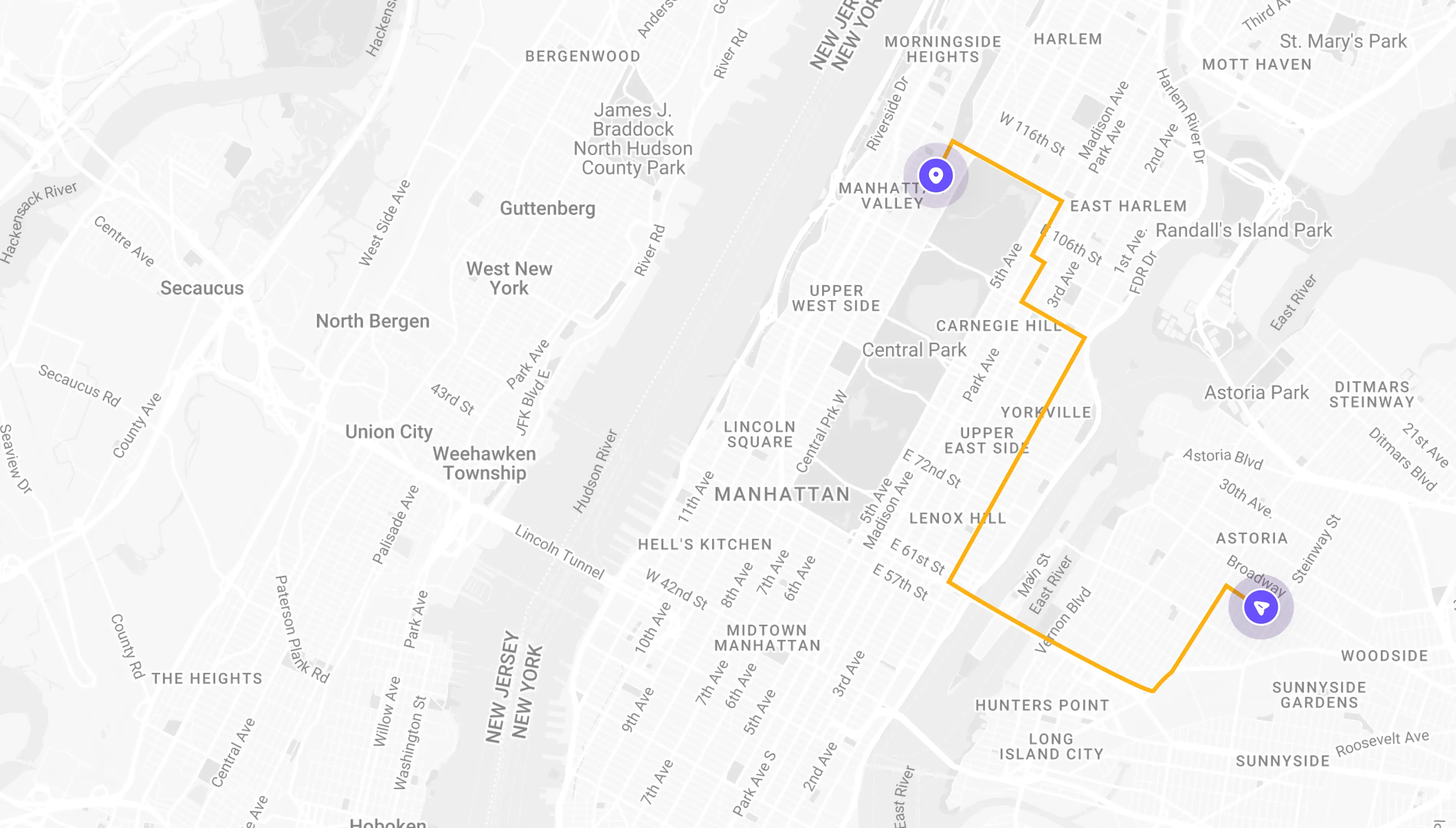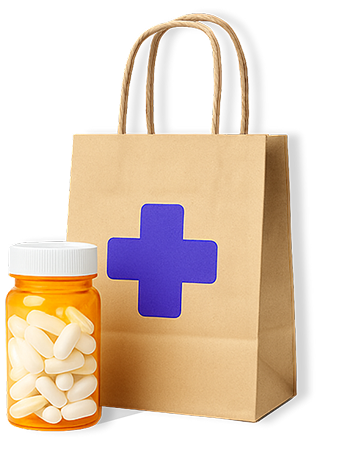High Blood Pressure Treatment Online
24/7 expert advice and treatment from DrHouse online doctors.


Available in 50 states. Insurance accepted.
Fast
virtual visits
24/7 care
assistants
Prescriptions
as needed

24/7 Personal Care
Consult with a physician in 15 minutes, refill an Rx or chat with our care assistants.

Affordable & Convenient
See your cost upfront and get treatment for hundreds of different conditions.

Insurance Accepted
We accept most major insurance plans, making healthcare easy and affordable.
See If Delivery Is Available Near You
Delivery Not Available
Enter your ZIP code to check if prescription delivery is available in your area and how soon your meds could arrive.
How to get started
Choose your doctor, start a virtual visit, and have your prescriptions sent to your preferred pharmacy for pickup — all in just a few easy steps.
Choose a doctor
Choose a physician by availability, specialty, ratings, and more.

Start your video visit
Connect with a doctor in minutes on a secure video call.

Get your prescription
Pick up your meds or have them delivered in as little as an hour.

Available in 50 states. Insurance accepted.
One-Time
Physician Visit
One-time visit with a physician for diagnosis, treatment, Rx, labs, referrals, and doctor’s notes.
Accepted Insurances
See why people turn to DrHouse...
As seen in

About High Blood Pressure (Hypertension)
High blood pressure, or hypertension, is a condition in which the force of your blood against your arteries is high enough that it may eventually cause health problems, such as heart disease.
Blood pressure is determined both by the amount of blood your heart pumps and the amount of resistance to blood flow in your arteries. The more blood your heart pumps and the narrower your arteries, the higher your blood pressure will be.
You can have high blood pressure for years without any symptoms. Even without symptoms, damage to blood vessels and your heart continues and can be detected. Uncontrolled high blood pressure can lead to disabling stroke or heart attack.
What causes high blood pressure?
In many cases, no one knows what causes high blood pressure. This is called essential hypertension. Essential hypertension makes up about 95% of all cases of high blood pressure.
For a small number of people, an identifiable cause exists. This is called secondary hypertension and includes: kidney problems, tumors of the adrenal gland, congenital heart defects, problems with the thyroid or parathyroid glands, sleep apnea, pregnancy, some medication or supplements, Cushing’s syndrome, and various hormonal conditions.
While some of these causes are beyond our control, there are lifestyle choices we can make to help lower our risk of developing high blood pressure. These include eating a healthy diet, maintaining a healthy weight, and exercising regularly. By taking steps to lower your blood pressure, you can help reduce your risk of heart disease and stroke.
Hypertension symptoms
Hypertension often has no symptoms, even if blood pressure readings reach dangerously high levels.
However, there are a number of possible symptoms of hypertension or high blood pressure. These can include headaches, dizziness, blurred vision, chest pain, and shortness of breath.
In some cases, hypertension may also cause nosebleeds or bloody urine. If you experience any of these symptoms, it is important to see a doctor as soon as possible so that your blood pressure can be checked.
While some of these symptoms may be caused by other conditions, they could also be indicative of hypertension. If left untreated, hypertension can lead to serious health complications such as heart disease and stroke. Therefore, it is important to be aware of the potential signs and symptoms so that you can seek medical attention if necessary.
How is hypertension treated?
Hypertension, or high blood pressure, is a condition that can lead to serious health problems if left untreated. The good news is that hypertension is often treatable with lifestyle changes and medication.
Depending on the individual’s case, treatment may involve cutting back on salt, losing weight, quitting smoking, reducing stress, and exercising more.
In some cases, medication may be necessary to control blood pressure. There are a variety of different medications available, and the type that is prescribed will depend on the individual’s specific situation.
With proper treatment, many people with hypertension are able to live normal, healthy lives.
High blood pressure medication
There are a variety of different medications available to treat high blood pressure, and the best option for each individual will depend on factors such as age, other health conditions, and lifestyle.
Each type of drug works in a different way to lower blood pressure, and your doctor will work with you to determine the best medication for your individual needs.
Some common types of high blood pressure medication include angiotensin-converting enzyme inhibitors (ACE inhibitors), angiotensin receptor blockers (ARBs), beta-blockers, calcium channel blockers, and diuretics.
These medications work by helping to relax the blood vessels and reduce the amount of work that the heart has to do to pump blood. In most cases, high blood pressure medication is taken on a daily basis in order to keep the condition under control.
While there may be some side effects associated with taking these medications, they are usually well tolerated and are outweighed by the benefits of reducing the risk of heart attack, stroke, and other serious health problems.
The content on this page has been medically reviewed for accuracy and comprehensiveness by Amy Dougherty, FNP-BC, AGAC
Related services
Explore more of our services tailored to your needs and discover additional ways we can support your healthcare needs.
Frequently asked questions




